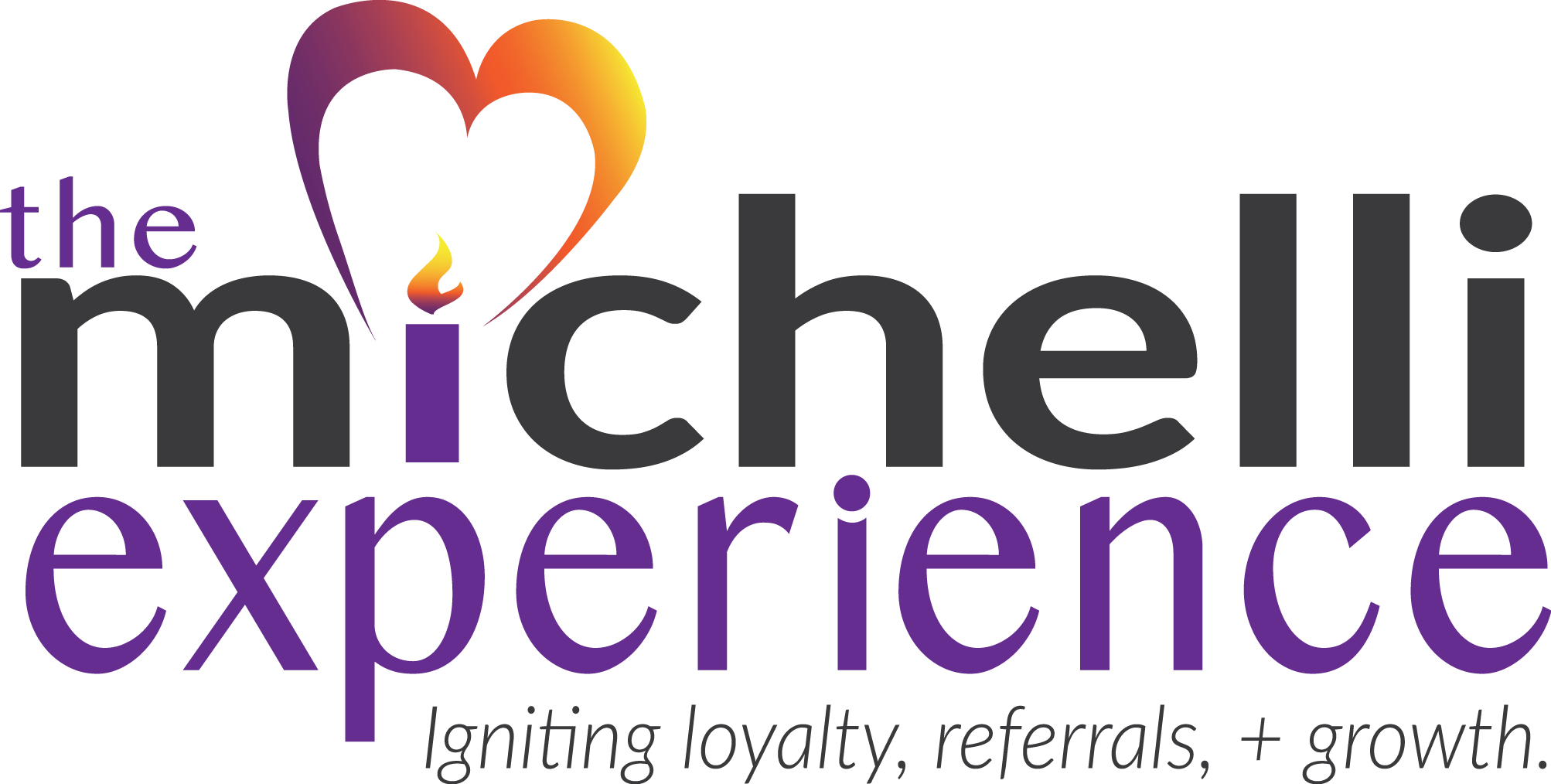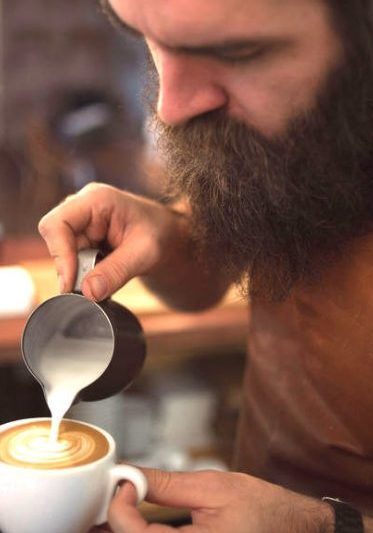While working on the new book I am writing about Starbucks, to be released in 2013, I have been digging deeply into research on emotional economics. As you are aware economics is the branch of the social sciences that looks at the production, distribution, and consumption of goods and services. Through much of the history of economics, theorists and researchers have evaluated consumer decision-making through the lens of “unbounded rationality “– essentially connecting why we buy what we buy to rational aspects like the functionality of our purchases. However, in the late 1970’s and early 1980’s, psychologists Daniel Kahneman and Amos Tversky began a revolution in economics by focusing on the role of emotional factors on decision-making including such variables as how information is “framed” or presented to the decision maker.
The ensuing decades of research on customer behavior has supported a number of intuitively interesting findings about the way reason and emotion affect purchase patterns, customer loyalty, employee engagement and brand evangelism. Some of these findings include:
Leonard Berry of Texas AM writing in the Academy of Marketing Science journal noting, “Great Brands always make an emotional connection with the intended audience. They reach beyond the purely rational and purely economic level to spark feelings of closeness, affection, and trust. Consumers live in an emotional world; their emotions influence their decisions. Great brands transcend specific product features and benefits and penetrate people’s emotions.”
Summarizing findings on emotional factors and loyalty to casino customers, Jun Jian Sui and Seyhmus Baloglu note the following in the Journal of Hospitality & Tourism Research, “the most influential variables on behavioral outcomes (proportion of visits, word of mouth referrals, and time spent in casinos) were found to be trust and emotional attachment.”
Compiling findings from a number of studies concerning brand love, Australian researchers at Deakin University, Broadbent, Bridson, Ferkins, and Rentschler report,”Brand love is defined ‘as the degree of passionate emotional attachment a satisfied customer has for a particular brand’ (Carroll and Ahuvia, 2006, p. 81) where brand love can lead to positive loyalty outcomes. Loyalty from consumers is said to provide an organisation or seller with protection from competition (Mascarenhas, Kesavan, and Bernacchi, 2006), positive word-of-mouth, repeat purchasing and sizable purchasing from its consumers (Sirdeshmukh, Singh,and Sabol, 2002). Further to do this it has been argued that loyalty provides an economic benefit to an organisation beyond repeat purchase where the cost of acquiring new consumers is considerably higher than that of retaining present consumers (Kaynak, Salman, and Tatoglu, 2008; Rundle-Thiele, 2005; Srinivasan, Anderson, and Ponnavolu, 2002)”
While these brief research highlights are just the tip of a large research iceberg, suffice it to say that consumers may justify purchases based on rational factors like the attributes or benefits of the products, but much of what actually drives purchase behavior and brand loyalties come from deeper emotional connectivity. While my next book will look at how Starbucks authentically extends love through its products and people, I hope you will take some time this week to think about the emotional economics of your products and services! Are you a beloved brand? Do you connect beyond practical product value?

Joseph A. Michelli, Ph.D. is a professional speaker and chief experience officer at The Michelli Experience. A New York Times #1 bestselling author, Dr. Michelli and his team consult with some of the world’s best customer experience companies.
Follow on Twitter: @josephmichelli




https://techronicity.typepad.com/blog/2011/04/zapposcom-and-the-wow-customer-experience.html
Happy to share FWIW an outstanding experience with Zappos.com
Cheers
There are many different approaches to quantifying an emotional connection – and none of them are perfect. Nevertheless it’s a worthwhile cause – see this short video (3 mins) from Maritz Research:
https://www.youtube.com/watch?v=_8HNQ09YjYM
Roger, brilliant video. I am interested in possibly referencing some of your findings in my upcoming Starbucks book. The book focuses exclusively on “emotional connections.” If interested, email me at joseph@josephmichelli.com